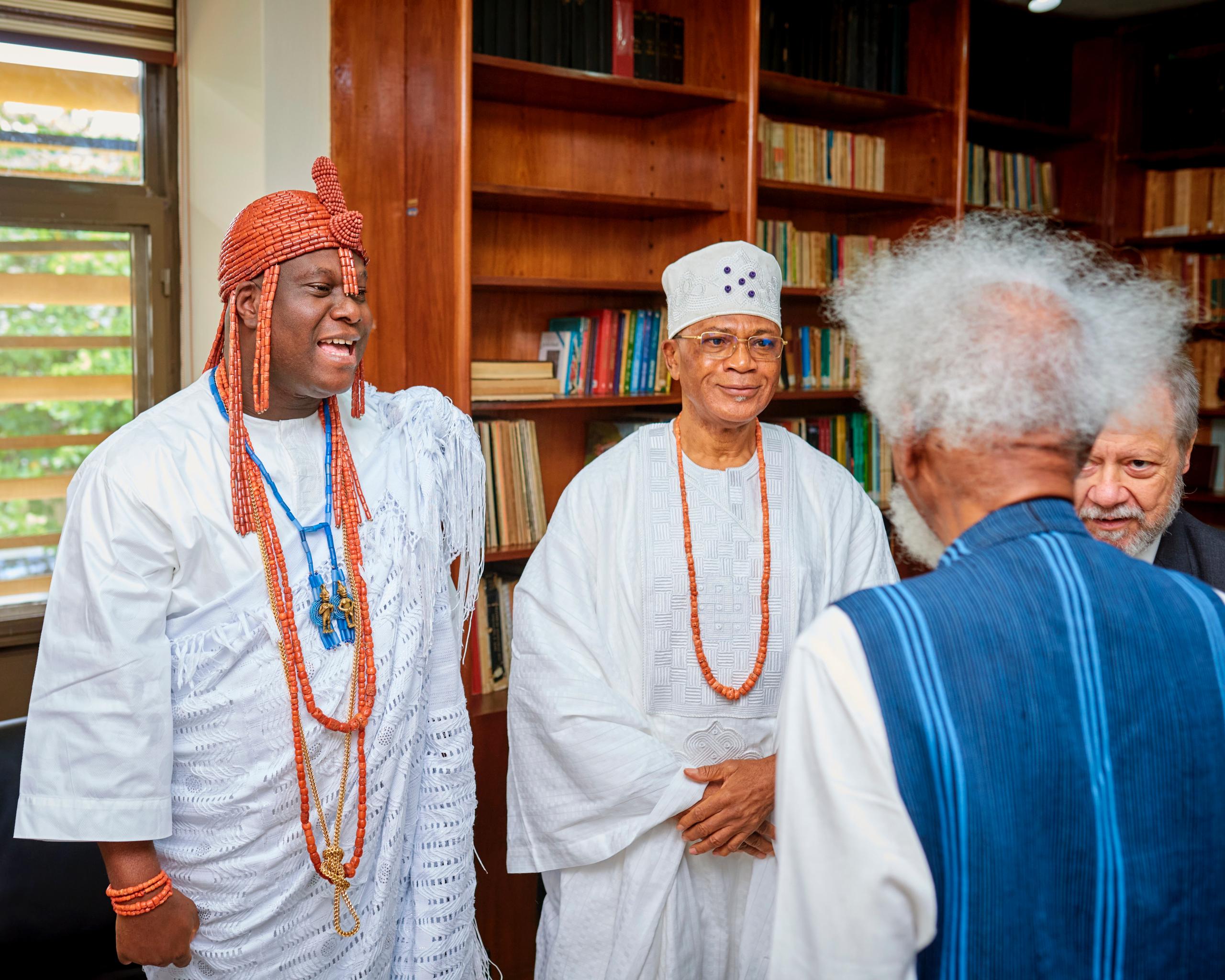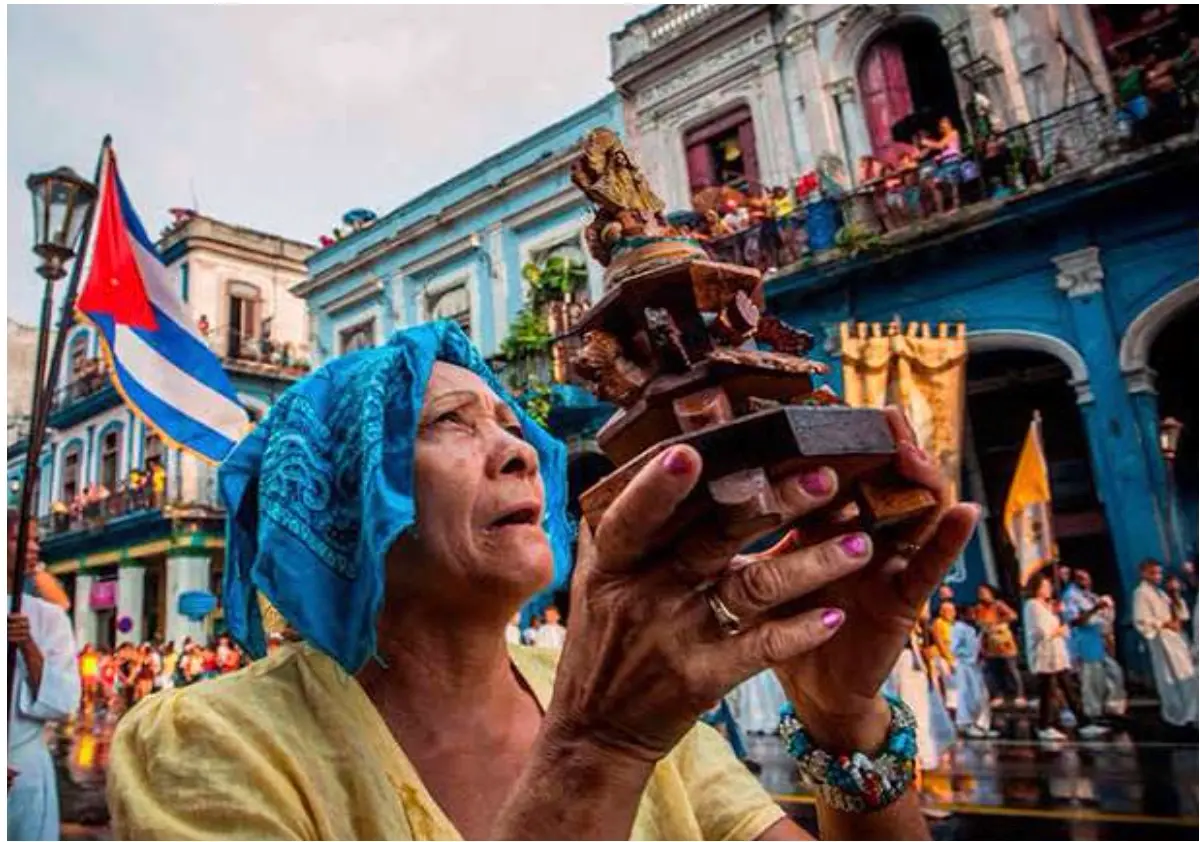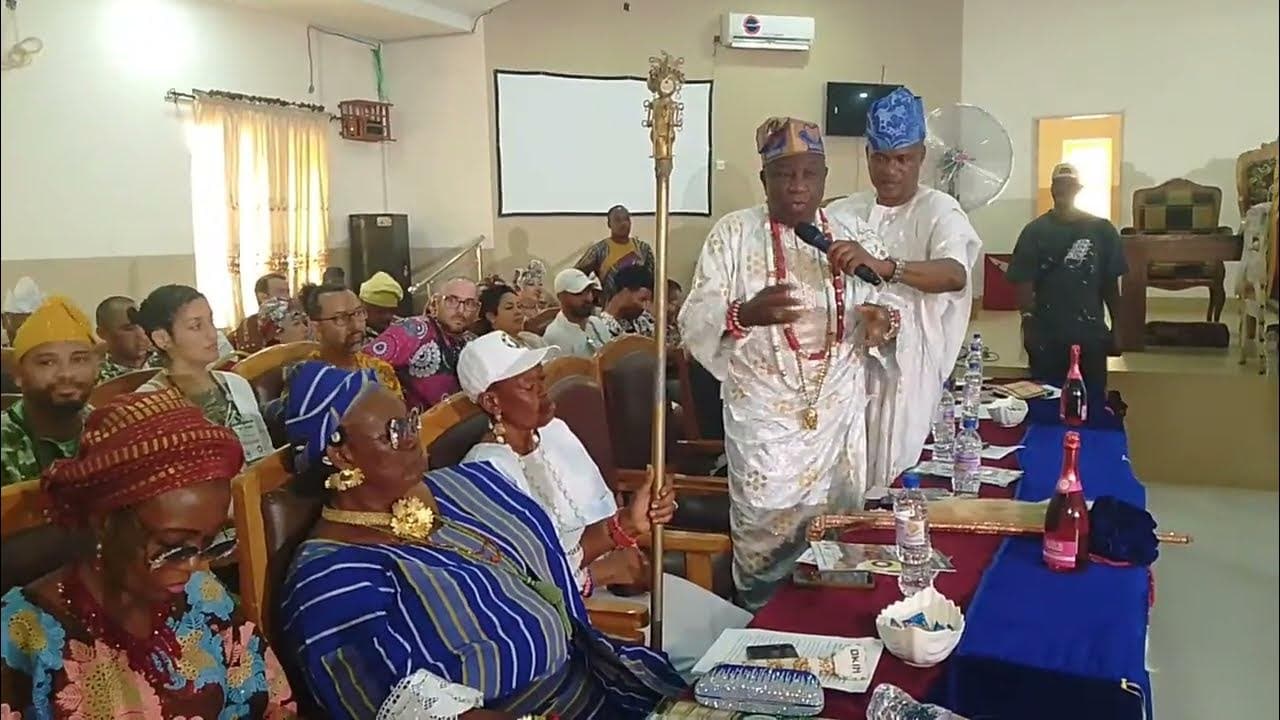Repositioning Culture & Tourism In A Diversified Economy
Bolanle Austen-Peters
Founder/CEO Terra Kulture & BAP Productions
INTRODUCTION
I’ll be talking about private sector perspective on arts, culture and tourism. Talking about this is not easy because we have very little participation of the Private sector in Nigeria’s Arts and Culture industry, for various reasons.
HISTORY
Historically, the private sector is driven by profit. For you to invest in an area, you need to know about the projections and the potentials of the industry. Unfortunately in Nigeria, there’s little or no data on the arts, culture and tourism sector in Nigeria. That is one factor that inhibits private sector participation.
PASSION & PHILANTHROPY
The 2nd point is that the private sector is also driven by passion and or philanthropy. Unfortunately in the case of philanthropy, government has not fully embraced the concept of Corporate Social Responsibility (C.S.R).
PERCEPTION
However, the real issue we have in the arts and culture sector in Nigeria is that, we struggle with the issue of perception, and when I talk of perception, it cuts across. Most people in Nigeria see Arts, Culture and Tourism as the poor cousin to every other sector.
PARENTS
First it starts from our parents. When you are growing up, your parents tell you to study professional courses such as law, medicine, accounting or engineering. There is nothing wrong with that, but the reality is, a lot of people are closet artists. A lot of artists are in banks today, manufacturing companies, are doctors, lawyers, like myself as a case study.
SCHOOLS
The same is further reinforced by our schools. To get into our school curriculum more or less reduces focus on history, fine art, technical drawing, culture and encourages all sciences and other forms of education, thereby telling students that this is not relevant. And even if you look at what happened in the technical schools in the past, they were not rated as equals with the universities and other citadels of knowledge.
GOVERNMENT
Then we have the government. Government policies reinforce the fact that Arts, culture and tourism is second best to everything else. If u r looking for influencers within government, policy makers and those who are perceived to be achievers, its typically those in Oil and gas, manufacturing and those professional courses. Artists, those who are creative are considered to be 2nd class.
SOCIETY
That perception is now further reinforced by society. Society accumulates all the bombardments from the parents, school and government in 1, and that translates across borders. Internationally, that same culture has being imbibed by foreigners. If we do not celebrate our culture, they will not celebrate us.
LOOKING INWARD: PROFESSIONALISM
All of these things have kept the arts and Culture sector down. But if we look inward, it’s not only external issues we have. The issues are also within the artistic community. Artists do not project themselves as professionals and they are also very quick to accept peanuts and crumbs that are handed down from various institutions.
That being said, if we are to make progress, maybe we need to understand what the private sector has done in other parts of the world to generate revenue. If we take it sector by sector:
UNIVERSAL MUSIC GROUP
Let’s look at music. Am sure we have all heard about Universal Music Group. They are a private company in America which turns over $6.5bn annually; this is an industry that is very viable in Nigeria. As a matter of fact, the private sector led by people like Mavins, Chocolate City, have single handedly turned the industry on its head.
UNIVERSAL STUDIOS, HOLLYWOOD
When we look at the movie industry, we have The Universal studios which generates over $28bn annually from revenue generated. Now, if we look at the museum, am sure we all know the Guggenheim, a privately owned museum, was founded by an individual.
SUN CITY HOTEL & RESORTS
The same goes for entertainment. Sun City Hotels and Resorts in South Africa, Owned by an individual, privately set up, turns over $70m monthly as revenue. That’s just one resort. Do we have a Sun City equivalent in Nigeria?
CASE STUDY; TERRA KULTURE
In 2003, I started Terra Kulture and today, Terra Kulture has single handedly turned the face of theatre in Nigeria. Theatre had become either comatose or dead. Today we brought a new genre of Theatre, which is musicals. And from having 10,20 man audience in our plays to 10,000 and more and now, we are taking our play out of Nigeria, and we are beginning to earn foreign exchange for our country, Apart from selling our culture.
WAY FORWARD; ARTS & CULTURE AS A TOOL
Finally, for us to make significant progress, I would imagine that government needs to do the funding first. We need to use Arts and Culture as diplomatic and foreign relation tools. We take our culture with us wherever we go and celebrate it and government and foreign affairs should facilitate any form of cultural exchange, any form of cultural export should be our focus.
GOVERNMENT; FOCUSED APPROACH
Secondly, government needs to have a focused approach towards supporting the arts and culture sector. If any investment is going to be encouraged, there needs to be some form of incentives. Let those who want to participate know that when they get into that sector they will be given all the necessary support required to enable them stay in it. And of course Government needs to give the enabling environment to ensure that these businesses thrive.
THANK YOU!
www.terrakulture.com
twitter: @terrakulture
facebook: @terrakulture
www.bapproduction.com
twitter: @bolabap
facebook page: Bola Austen-Peters


